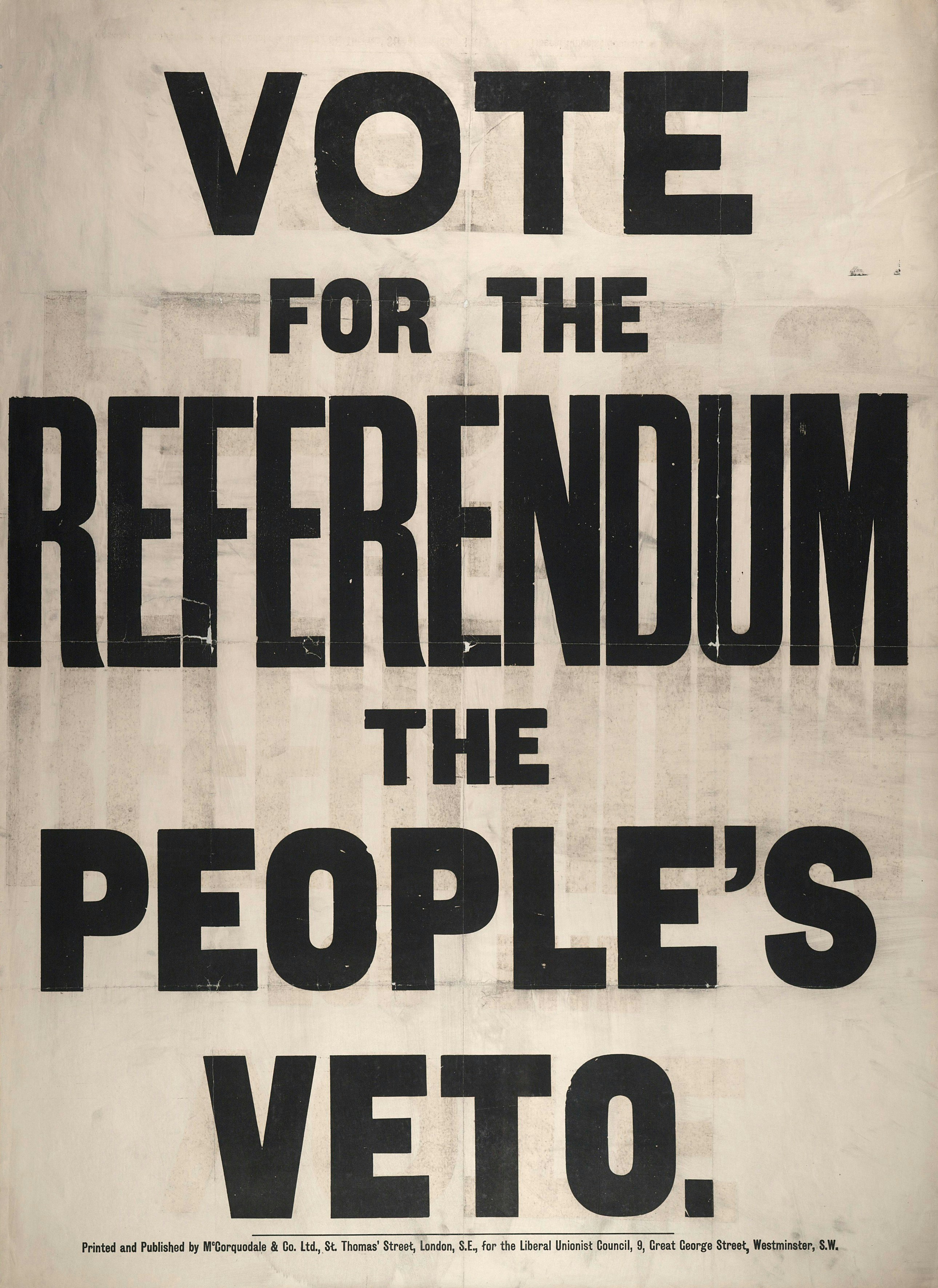This post may include affiliate links, meaning I could earn a commission if you purchase them. I only recommend products that I have personally used and trust! For more details, please visit my Privacy Policy page.
Introduction to Alberta’s Political Landscape
Alberta has been at the forefront of Canadian politics for decades, marked by its unique economic challenges and opportunities. The separation topic has recently gained traction, especially with the Alberta Premier’s announcement regarding a potential referendum in 2026, should sufficient petition signatures be collected. This bold statement has stirred discussions among residents and political analysts alike.
Understanding the Call for a Referendum
The idea of a separation referendum is not new but has resurfaced in light of recent government actions and public sentiment. The Premier’s promise suggests that a referendum will be organized to determine Alberta’s future if citizens show overwhelming support through signatures. This move reflects growing discontent among many Albertans who feel their interests are not adequately represented at the federal level.
The Implications of a Potential Separation
Should a separation referendum occur, it could deeply impact Alberta’s economy, identity, and political landscape. Advocates argue that independence could provide greater autonomy over provincial resources and governance. However, critics warn of the complexities involved, stressing that separation could lead to significant financial and social challenges. As discussions unfold, Alberta’s residents need to engage actively, weighing both the potential benefits and risks of such a drastic change in the province’s political status.
This post may include affiliate links, meaning I could earn a commission if you purchase them. I only recommend products that I have personally used and trust! For more details, please visit my Privacy Policy page.

Leave a Reply